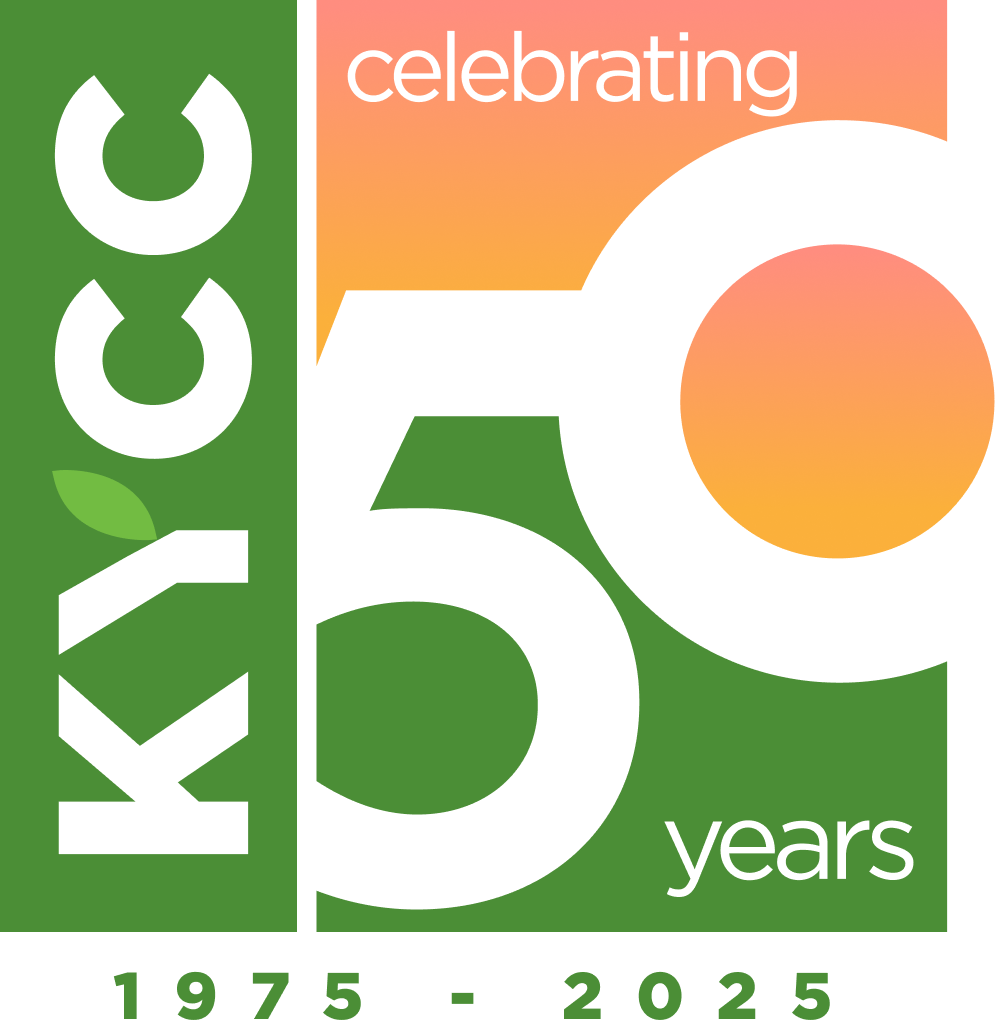September 23, 2015
Full Circle of Support – KYCC Provides Financial Coaching to Veterans
When U.S. Air Force Senior Airman Evelyn Allen left her post at the Minot Air Force Base in North Dakota, she struggled to keep up with bills and everyday expenses. She had gone from being a full-time employee to a college student with a part-time job with the Government, and she needed to re-budget.
“Transitioning from military to civilian life is a very stressful process,” explains Allen. Financial stability, in particular, can be challenging. The military provides structure, support and a paycheck while soldiers are enlisted, but once they return to civilian life, vets have to find jobs, pay rent and handle their bills (many that are accrued during enlistment and on that current budget). Many of them are teenagers when they join the military and in their late twenties when they return to the real world—without a basic financial education.
“All of a sudden,” explains Doris Valenzuela, KYCC Economic Development Specialist, “the veterans are expected to know how to manage their finances. Financial matters that are second nature to many people are a shock to them. ”
Last November, KYCC launched a financial coaching program for veterans at the VA Long Beach, where Senior Airman Allen works as an employment specialist. When Valenzuela offered her guidance, Allen jumped at the opportunity to create her own budget, as well as to determine if the services would be beneficial to other veterans who were in a financial bind.
This 18-month program is part of a workforce development partnership between KYCC and the Jewish Vocational Services. By improving personal credit and stabilizing finances, KYCC hopes to increase employment options and promote long-term job retention. Valenzuela is also in the process of developing another financial workshop with John Tyler, Community Employment Coordinator, and Oliver Buck, Employment Specialist, of VA Long Beach Healthcare. Through a grant from the Federal Home Loan Bank of San Francisco, KYCC also added matched savings and one-on-one financial coaching for veterans who find employment.
Allen said that she learned how to cut down on expenses and found out about outside resources that could help out in the event of a financial crisis. Relieving her financial stressors allowed her to focus on school.
She added that the tools that the program teaches, such as budgeting, understanding credit and knowing what resources exist, can help prevent homelessness. When her homeless clients are financially challenged, they struggle with hopelessness, but she felt KYCC’s program could help them refocus and rebuild their confidence “knowing there is a way to get back their lives and contribute to their families.”
“It’s very important to provide a full circle of support,” says Allen. “KYCC’s workshops are going to be a great help and support system for our veterans in their transition to civilian life.”

